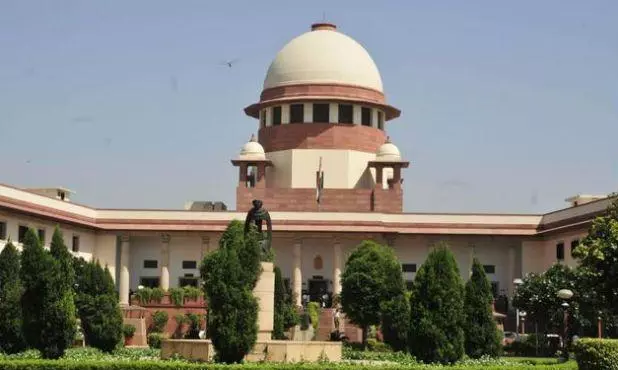SC May Curb Judgeship to Kin of Judges

New Delhi: The Supreme Court collegium is poised to examine a proposal that aims to prohibit the appointment of judges in High Courts based on familial relationships. Introduced by a senior judge, the initiative seeks to enhance inclusivity in judicial appointments and eliminate the perception that lineage outweighs merit.
According to sources, the collegium may instruct High Court collegiums to refrain from recommending candidates whose parents or close relatives are current or former Supreme Court or High Court judges. While this proposal could disadvantage some deserving candidates, it is expected to create opportunities for first-generation lawyers and broaden the representation of diverse communities within constitutional courts.
Currently, the three-member collegium responsible for recommending names for the apex court comprises Chief Justice of India Sanjiv Khanna and Justices B.R. Gavai and Surya Kant. Additionally, Justices Hrishikesh Roy and Abhay S. Oka are part of the larger five-member Supreme Court collegium that decides and recommends names for High Court judgeships.
Recently, the apex court collegium initiated personal interactions with lawyers and judicial officers nominated for elevation to High Courts, marking a significant shift from the traditional reliance on biodata, written assessments, and intelligence reports.
On December 22, the SC collegium held meetings and recommended approximately six names to the Centre for appointment as judges in High Courts in Rajasthan, Uttarakhand, Bombay, and Allahabad.
The reintroduction of personal interactions follows a recent controversy involving Justice Shekhar Kumar Yadav of the Allahabad High Court. Justice Yadav faced widespread criticism for his contentious remarks at a VHP event in December, where he stated that India should function according to the majority’s wishes.
In response, Justice Yadav appeared before the Supreme Court collegium on December 17 to present his side of the controversy. Earlier, on December 10, the apex court had taken note of news reports regarding his statements and sought a report from the Allahabad High Court on the matter.
According to established norms, any judge against whom a report is sought by the apex court collegium regarding a controversial issue from the concerned high court is given the opportunity to present their side before the collegium, headed by the Chief Justice of India.

